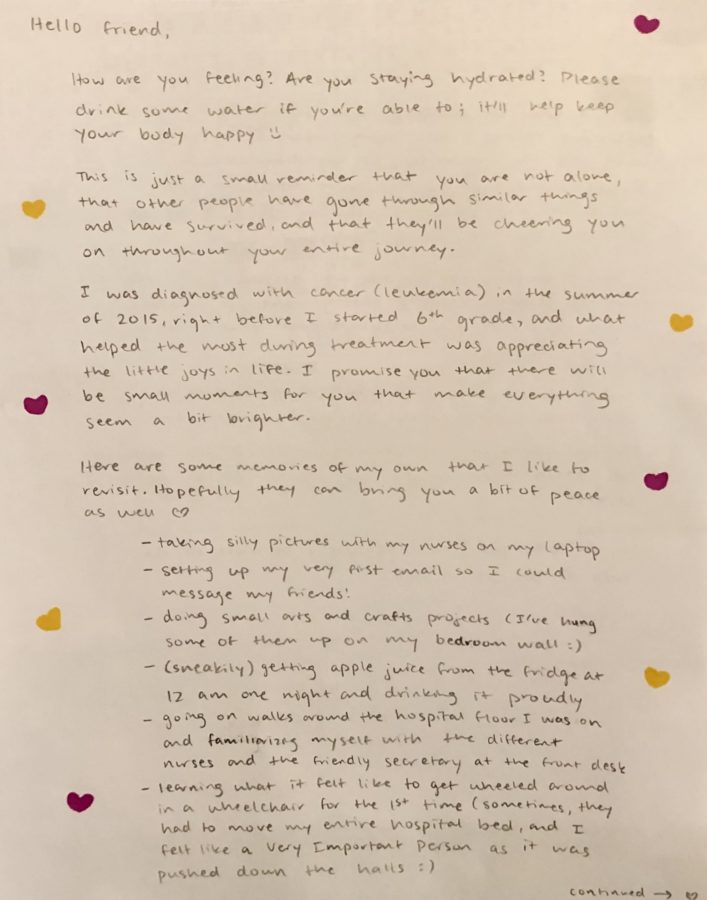By Aishi Debroy, Co-Web Content Manager
Every February, individuals single and taken all watch romantic comedies (rom-coms) to enjoy light-hearted, simple plots: boy and girl fall in love through amusing circumstances and defeat all odds to show their true affection. However, this genre, marketed mostly toward young women, is often a testosterone-filled, misogynistic interpretation of love. Rom-coms falsely teach the viewer that love must be complicated and difficult in order to be fulfilling, that one (in most cases, the woman) must sacrifice for love.
This “difficult” journey of true love is actually coded with harmful messages to impressionable, young viewers. The pervasive theme of “love conquers all” has a catch: the woman is undesirable without the love of a man and must change to accommodate the male fantasy — what love actually conquers is everything she stands for.
The typical rom-com begins with either character possessing a character flaw that they must overcome, but the woman is always the butt of the joke. If the protagonist is male, he is often average and untalented but redeemed because he is a “nice guy.” This “nice guy” may possess no attractive qualities, often having a victim complex, but for no logical reason is paired with the most attractive, talented woman, who helps him overcome his flaws. This perfect woman sees past all of his imperfections and fixes the “broken” man, serving only as a catalyst for character development.
If the protagonist is female, she is either unattractive or highly ambitious (therefore annoying to the viewer). Neither trait is inherently negative, but she must learn to change her appearance or personality to become society’s stereotype for a perfect woman. If she is too ambitious, like Andie Anderson in “How to Lose a Guy in 10 Days,” she must show the male protagonist she is “one of the boys,” someone that loves eating pizza and watching sports yet maintains the ideal appearance. If she is conventionally unattractive and too masculine, like Grace Hart in “Miss Congeniality,” she must wear a tight dress, straighten her hair and wear “natural” makeup to appease the male viewers.
Rom-coms tell the viewer that, to be satisfied in a heretosexual relationship, the woman must lose her ambition and uptightness and must overlook the male protagonist’s mediocrity. She must become the epitome of perfection in a man’s eyes: a “cool girl.” Author Gillian Flynn describes the “cool girl” in her novel “Gone Girl” as “above all hot. Hot and understanding. Cool Girls never get angry; they only smile in a chagrined, loving manner and let their men do whatever they want.”
Painting manipulation as an act of love is a more serious consequence of rom-coms. High-stakes grand gestures, like the boombox serenade in “Say Anything” or the cue card scene in “Love Actually,” are seen as evidence of (most often) the male protagonist’s devoted love, a gesture that the female protagonist must swoon for. In reality, the woman is guilt-tripped into accepting his love.
These sensationalized public displays create false expectations that materialize into real issues: men feel entitled to a woman’s feelings based on their efforts, regardless if those feelings are reciprocated, and women think denying unwanted advances appear selfish and cruel. “How I Met Your Mother” character Ted Mosby explains this phenomenon as the Dobler-Dahmer theory: “If both people are into each other, then a big romantic gesture works: Dobler, but if one person isn’t into the other, the same gesture comes off serial-killer crazy: Dahmer.”
Although, as viewers, we must be aware of the harmful stereotypes and themes in rom-coms, the genre is not hopeless. Sometimes we need an impractical plot line with cheesy dialogue that follows relatable characters. By avoiding romanticizing manipulative behavior, exploring plot lines not centered around heteronormativity, and creating authentic and complex female leads, the next generation of film-makers could and should create positive narratives about womanhood that will help young women feel more secure and fulfilled in love.


























































































